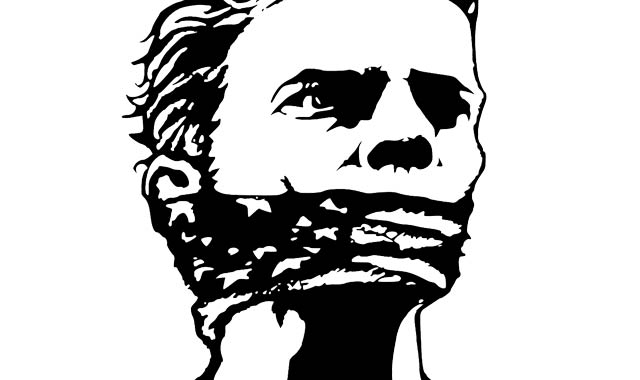
Cabinet has approved the submission of the Films and Publications Amendment Bill which is guided by policy that has been criticised for seeking to curb Internet freedoms.
A cabinet statement released last week said the bill seeks to amend the Films and Publications Act of 1996 by adapting it to technological advances.
These changes include catering for online and social media platforms “in order to protect children from being exposed to disturbing and harmful media content in all platforms (physical and online)”.
A draft policy drawn up by content classification body the Film and Publication Board (FPB) is expected to inform the bill.
Topics covered in the draft policy are preventing children from viewing, for example, pornography online. Hate speech and racist content have also been covered by the draft online policy.
“The bill strengthens the duties imposed on mobile networks and internet service providers to protect the public and children during usage of their services,” read a cabinet statement last week.
“The Independent Communications Authority of South Africa (Icasa) will not issue licences or renewals without confirmation from the Film and Publication Board of full compliance with its legislation,” the statement added.
The FPB was not available for comment on what exactly is contained in the amendment bill. Spokesman Janine Raftopoulos said the board is “still going through all the many submissions” regarding the online regulation policy.
“Once we go through those, then only will we be able to put forward that bill to the parliamentary portfolio committee and then on to the minister [Faith Muthambi],” Raftopoulos said.
Gavin Davis, the Democratic Alliance shadow minister for communications, said that the amendment bill has yet to be gazetted and that the communications portfolio committee would still need to “deliberate on it and amend it” before it is signed into law.
But while the bill is intended to protect children from harmful online content, concerns have been raised over the broad terms of the draft policy.
For example, the FPB has said it wanted all Internet material to be classified in South Africa, according to a Government Gazette released in March 2015 which outlined contents of the proposed online regulation policy.
“All online material will need to be classified, in much the same way as films are currently classified. Online pornographic material will be classified as such,” Davis said.
“The policy appears to apply to any person who uploads online content, be it via Facebook, Instagram, a blog, or any other online platform. This opens the door for the state to impinge on citizens’ constitutional right to freedom of expression and to impart information,” Davis explained.
Davis further said that if the bill is “based on the draft online regulation policy released earlier this year, it will certainly impact on freedom of expression”.
“According to clause 7.4 of the policy, the FPB has the power to have any content deemed ‘potentially harmful and disturbing to children’ taken down.
“When read with the Film and Publications Act, the policy will empower the board to ban — by way of an ‘XX’ classification — any online content that is ‘degrading’ or ‘promotes harmful behaviour’.
“The broadness of these terms gives the government significant latitude to proscribe content that does not fit in with the governing party’s political agenda and worldview,” said Davis.
Press exempt
Previously, the policy’s reach was also expected to impact on online publishers by forcing them to apply to the board to have their content classified.
However, a key compromise was made in this regard as members of the Press Council are exempt from the policy.
This means that members of the Press Council will have their online content governed by the Press Code and not the online regulation policy.
“We’ve had positive confirmation from the FPB CEO that the current exemption that applies to the press will be extended to general press content irrespective of the medium in which it is published,” Andrew Allison, head of the Regulatory Affairs for the IAB, said last month.
Apart from public consultations possibly changing the board’s contents in the online regulation policy, final amendments to the policy can still be made in parliament.
“Yes, the bill has not yet come before parliament so there will be opportunity to amend it,” Davis said.
“Now it needs to come to parliament before the communications portfolio committee. We will deliberate on it, and amend where necessary before it is passed in the national assembly and then signed into law by the president,” Davis said. — Fin24




